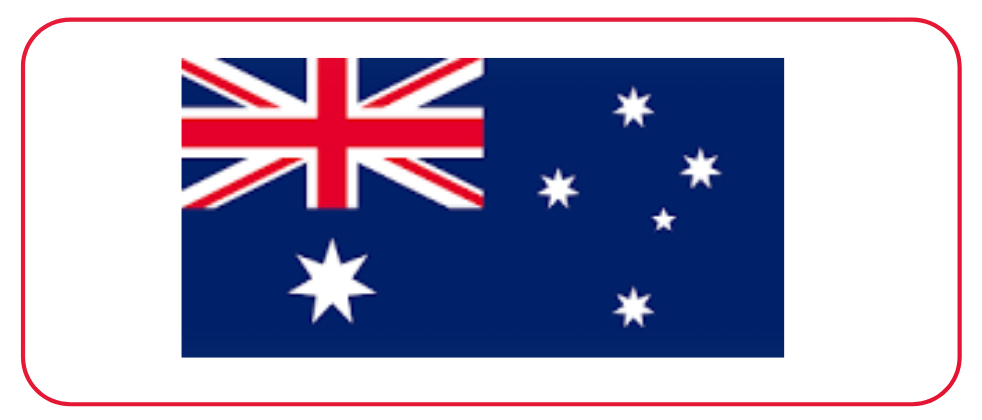DETECTION OF ORAL FUNGAL MICROBIOME (MYCOBIOME) OF DIABETIC PATIENTS IN POLYCLINICS OF BENGHAZI - LIBYA
DOI:
https://doi.org/10.53555/eijas.v7i2.69Keywords:
Diabetics, oral mycobiome, BenghaziAbstract
This study was conducted in Benghazi city, Oral fungal microbiome were isolated from oral cavities of 92 diabetic patients and 40 non diabetic volunteers. Swab taken from their oral cavities then inoculated in Sabauruod Dextrose Agar (SDA) and incubated at 27 °C for two to three days for colony study after that make subcultures using Potato dextrose agar ( PDA ) for microscopic study. Identification of oral fungi shows that Out of 132 subject, 38 shows no fungal growth , 63 samples of candida (53 pure candida and 10 cases candida mixed with other fungi), 7 fungal species other than Candida have been identified with conformation from Assiut University Mycology Centre (AUMC) in Egypt which were : 7 samples of Asperogillus spp (6 in diabetics &1in non diabetics ), 8 samples of Alternaria .alternate (5 in diabetics & 3 in non-diabetics), 3 samples of Fusarium foetens (2 in diabetics & 1in non diabetics ), 4 samples of Cladosporium herbarum. (Diabetics), 2 samples of Stemphylium botryosum (in diabetics), 2 samples of Geosmithia lavendula. (Diabetics), 5 samples of Penicillum crustosum (diabetics). The Candida species identified by Quyfia chest hospital Laboratory (Phoenix 100 Apparatus – BD, USA), .candida species were identified as : Candida albicans (44 cases), Wangilla dermatitidis (Saccaromycets) (7cases Candida dubliniensis ( 4 cases ), Geotricum species ( 4cases ),Candida sake ( 4 cases). Asperogillus species were: 2 samples Asperogillus.nigger, 3 samples A. fumigatus and 2 samples A. flavus.
References
. Abu-Elteen., Hamad M. And Salah S. (2003). “Prevalence of Oral Candida Infections in Diabetic Patients”Bahrain Medical Bulletin. 28, No.1.
. Mahmoud A .Ghannoum, Richard J. Jurevic, Pranab K. Mukherjee, Fan Cui. Masoumeh Sikaroodi, Ammar Naqvi, Patrick M. Gillevet(2010 ) Chacterization of Oral Fungal Microbiome(Mucobiome)in healthyindividuals . Published: January 08, .DOI:10.137 1/Journal.ppat.1000713.
. Chayakulkeeree M., Ghannoum M. and Perfect J. (2006) “Zygomycosis: The reemerging fungal infection”. Eur. J. Clin. Microbiol. Infect. Dis. 25:215-29. T. Eckes, the Developmental Social Psychology of Gender, Lawrence Erlbaum, 2000. [E-book] Available: netLibrary e-book.
. Paillaud E., Merlier I., Dupeyron C., Scherman E., Poupon J. and Bories P. (2004). “Oral candidiasis and nutritional deficiencies in elderly hospitalised patients”. Br. J. Nutr. 92:861-867.
. Farah C., Lynch N. And Cullough M. (2010). “Oral fungal infections: an update for the general practitioner” Aust Dent J. 55(Suppl 1):48-54.
. Scully,C,MDS,CBE,MRCS,FDSRCS,FDSRCPS,FFDRCSI,FDSRCSE,FRCPATH,FMEDSCI,FHEA,FUCL,FSP,DCHD,DMED(HC),DR(HC),Chief Editor: William D and James, MD(2002).( Non candidal fungal infection of the mouth).
. Grimoud ;A, Lodte;r J, Marty; N, Andrieu; S, Bocquet; H, Linas; M, et al( 2005). (Improvedoral hygiene and Candida species colonization level in geriatric patients).Oral Dis;11
Downloads
Published
Issue
Section
License

This work is licensed under a Creative Commons Attribution-NonCommercial-NoDerivatives 4.0 International License.








 Licensed under CC BY 4.0 International.
Licensed under CC BY 4.0 International.